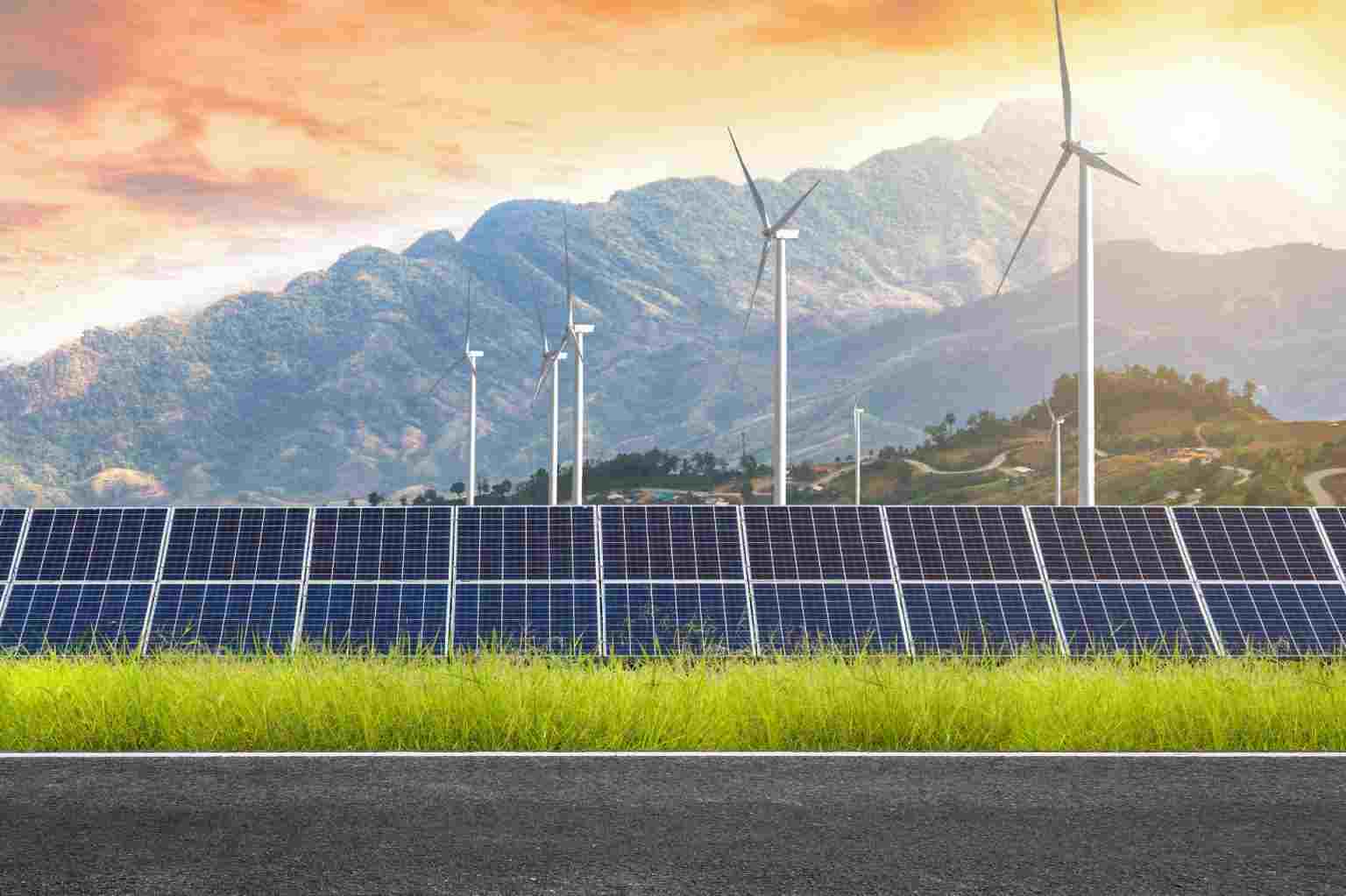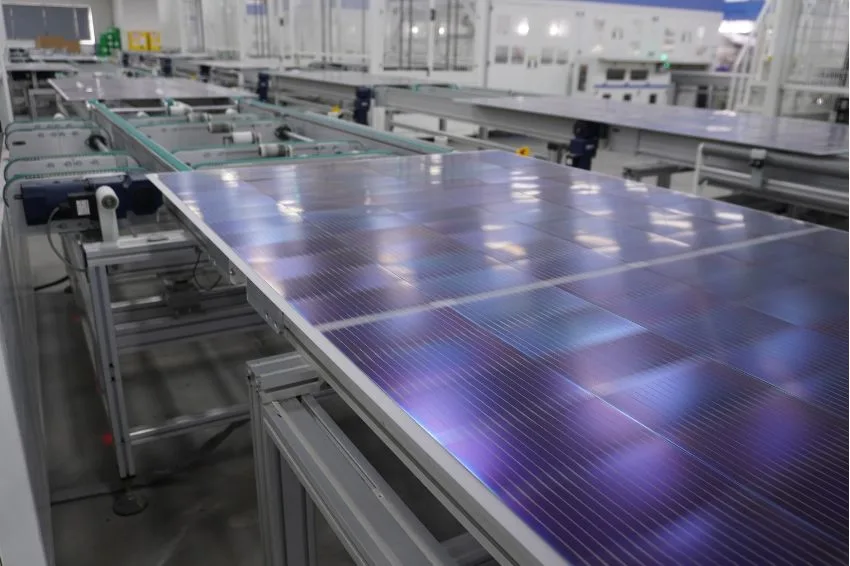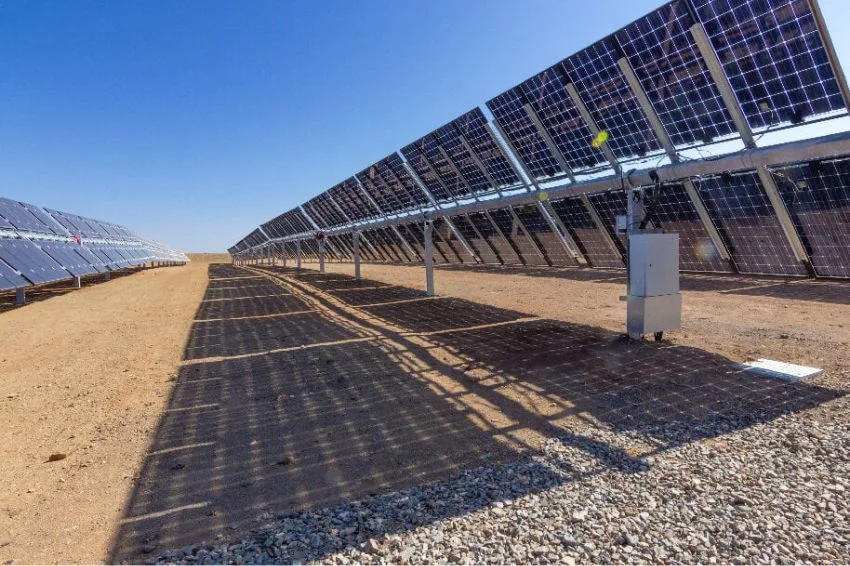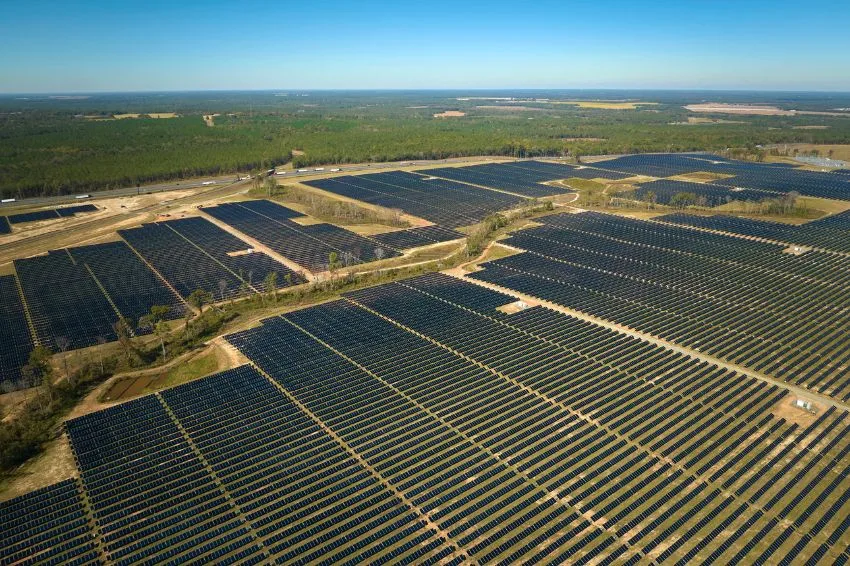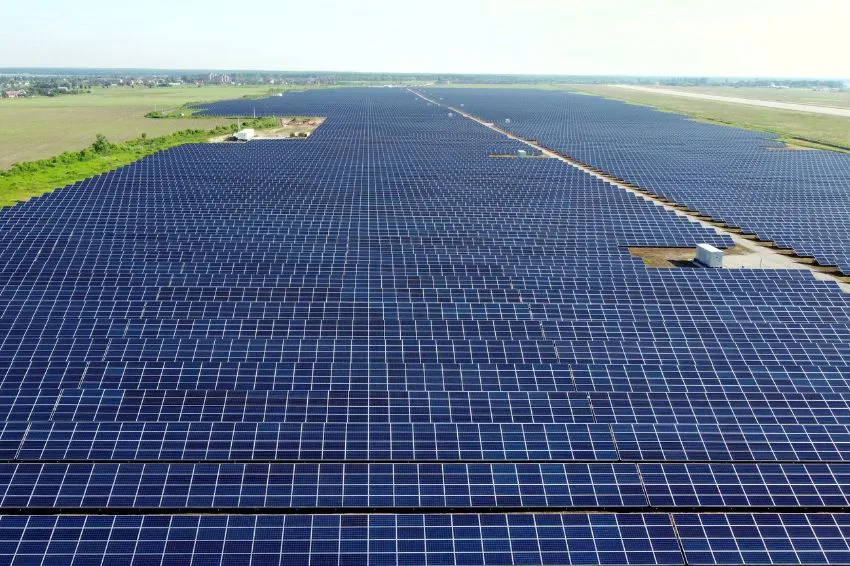According to research carried out by BNEF (BloombergNEF), policymakers in emerging markets and developing economies areincreasing your attention when it's about renewable energy.
In total, more than nine in ten developing countries have made public commitments to install and consume certain volumes of renewable energy with specific deadlines. This represents an increase from 82% in the previous year and 67% in 2019.
Possible reasons for the move could include a desire to demonstrate progress ahead of the COP-27 global climate talks, anxiety about energy security amid rising fossil fuel prices, fears about climate change, or simply the appeal of betting on renewable because they are affordable.
According to Climatescope, regarding emerging markets' long-term clean energy goals, these can only be achieved if policymakers adopt concurrent implementation policies.
On that front, the report offers some promising signs of progress. No fewer than 56% from emerging markets now have policies to conduct reverse auctions for clean energy supply contracts, up from 49% last year.
The popularity of net metering has also grown, with such policies in place in 53% of emerging markets in 2022, compared to 49% last year. Additionally, 30% from emerging markets have established feed-in tariffs, increasing from 27% in 2021.

The gap between long-term goals and short-term implementation policies suggests that policymakers have substantial work ahead. Even in countries that have promised to adopt renewable energy auctions, net metering or feed-in tariffs, follow-through may be lacking.
“Without supporting regulations, policy implementation alone cannot ensure that a country attracts the amount of investment needed to begin its energy transition,” said Sofia Maia, project manager at Climatescope.
“Among the 15 developed and emerging nations that finished at the bottom of Climatescope’s energy policy scorecard, only one managed to secure more than US$2 billion in clean energy investments from 2017 to 2021,” he pointed out.
For Ethan Zindler, head of Americas research at BNEF, a program to hold reverse auctions for renewable energy supply contracts is only useful if a country actually runs such auctions.
“We have seen many examples of countries that set long-term goals, approved short-term policies, but failed to implement them properly,” he concluded.


